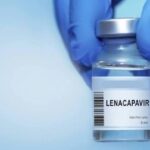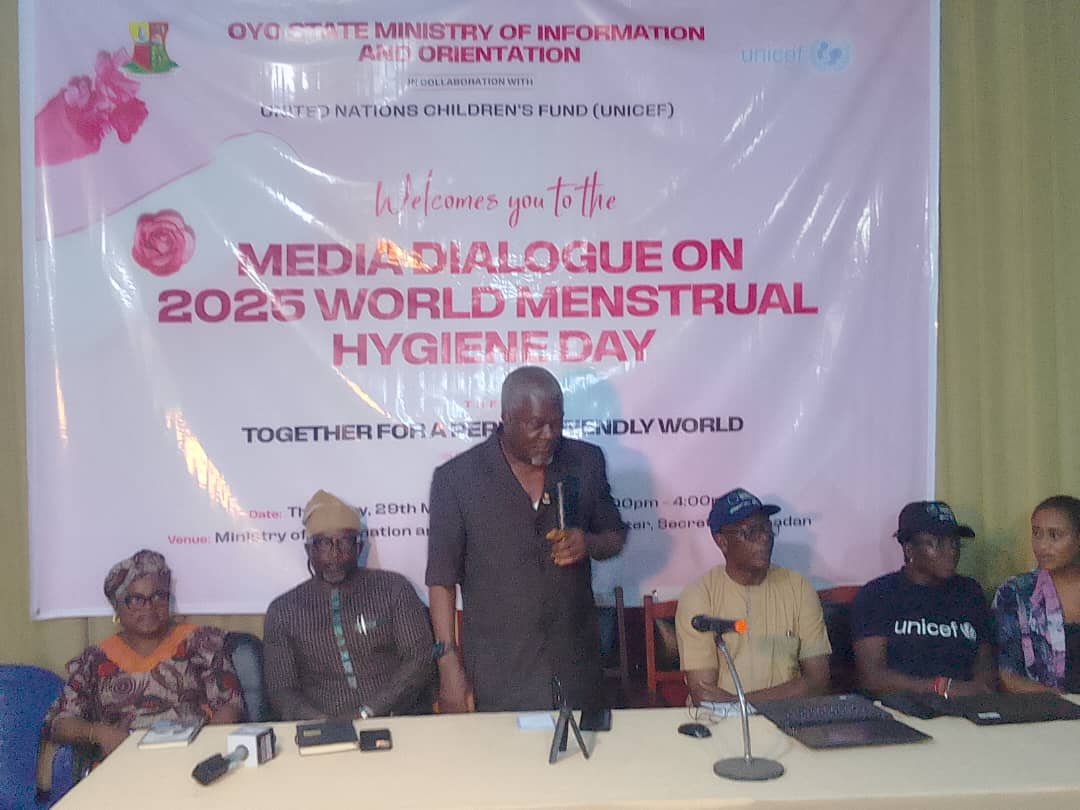JEE report rates FCT high on immunisation coverage
By Philip Yatai The Federal Capital Territory (FCT) Joint External Evaluation (JEE) Report, an Assessment of Health Security Capacities at sub-national level has rated FCT high on immunisation coverage. Ms Nsikak Inman, Senior Officer, International Health Regulation (IHR), revealed this at the Dissemination of the FCT JEE Report, in AbujaContinue Reading





















